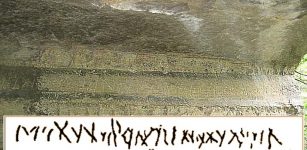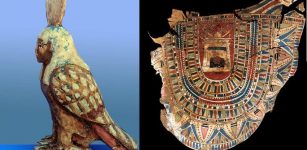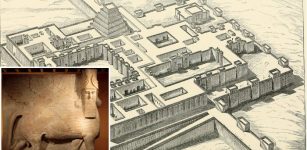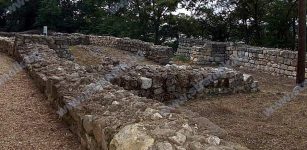On This Day In History: Richard The Lionheart Arrives To The Holy Land – On June 8, 1191
AncientPages.com - On June 8, 1191, the famous English King Richard the Lionheart arrived in the Holy Land to participate in the Crusade.
He arrived with an English fleet of 100 ships carrying 8,000 men, while Philip II of France arrived on April 20, 1191, with a supporting Genoese naval fleet under admiral Simone Doria.
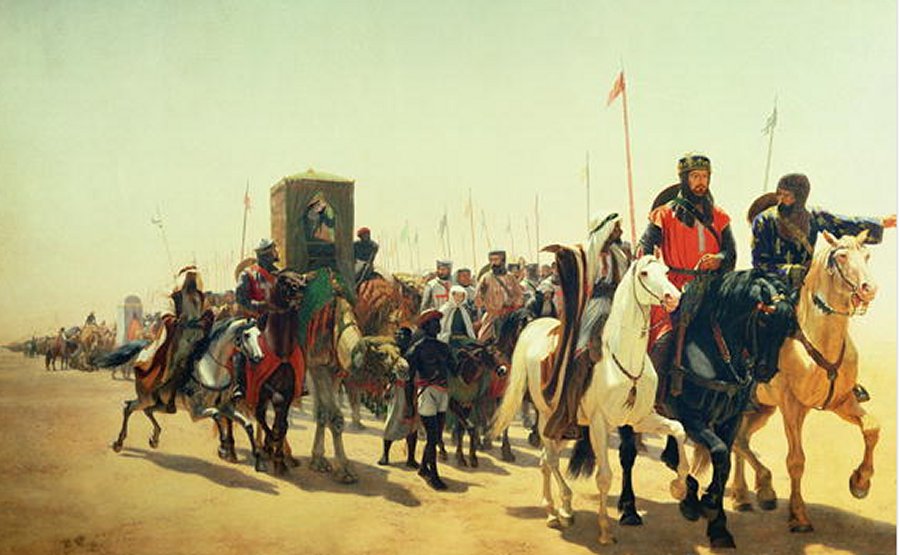 Richard, the Lion Heart, On His Way To Jerusalem. Image: James W. Glass - source
Richard, the Lion Heart, On His Way To Jerusalem. Image: James W. Glass - source
Richard landed his fleet numbering hundreds of ships at the city of Acre, which the Crusaders were trying to conquer from the Muslims.
When Richard arrived, he sought a meeting with Saladin, and a truce of three days was agreed upon so that the meeting could take place.
However, both Richard and Philip fell ill, and the meeting did not occur.
The siege machines broke holes into the walls of Acre. Still, every new breach led to an attack from Saladin's army, allowing the garrison of Acre to repair the damage while the Christians were distracted.
On July 3, a sufficiently large breach was again created in the walls, but the Christian attack was repelled.
On July 4, the city offered its surrender, but Richard rejected the conditions. On July 7, the city sent an embassy to Saladin asking for assistance one last time and threatened to surrender if he did not help. This time Saladin did not make a large-scale attack on the Christian camp.
On July 11, there was one final battle, and on July 12, the city once more offered terms of surrender to the Crusaders, who found their offer acceptable this time.
Conrad of Montferrat, a north Italian nobleman, one of the prominent participants in the Third Crusade, and the King of Jerusalem acted as chief negotiator in the surrender of Acre. Saladin was not personally involved in the negotiations but accepted the surrender. Conrad raised the banners of the Kingdom of Jerusalem and of France, England, and the Austrian flag of Duke Leopold. The Christians entered the city, and the Muslim garrison was taken into captivity.
Leopold of Austria left shortly after the city's capture. After quarreling with Richard, he demanded the same position as Philip and Richard. However, it was rejected and his flag torn down from the ramparts of Acre.
On July 31, Philip also returned home to settle the succession in Vermandois and Flanders, and Richard was left solely in charge of the Christian expeditionary forces.
AncientPages.com



